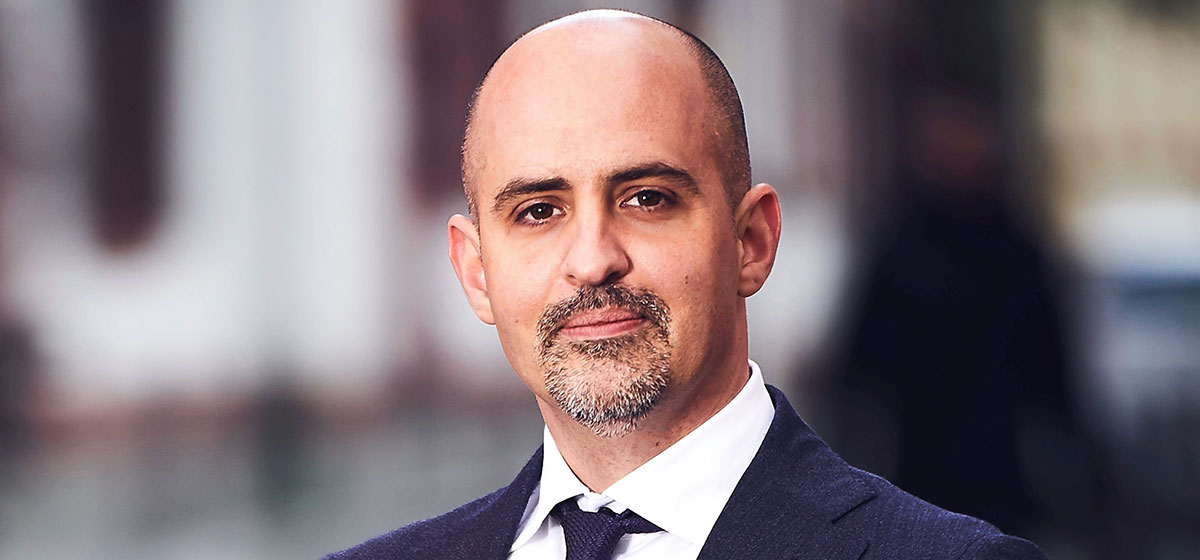By Steffen Hofmann
First: Safeguard the occupancy rate, in particular if you were forced to temporarily shut down parts of your property or the entire center operation even. Don’t lose sight of the big picture! There will be trade again in a not too distant time. Make sure you still have something to be traded on site.
Second: Review approved business plan budgets and formally authorize asset managers for quick decision making, in particular for the period between now (!) and June 30, 2020. Be prepared for a second wave of decisions affecting the third quarter.
Third: Get a clear picture on contractual claims and obligations–get legal advice, where necessary–but do not only rely on these initial assessments. The situation is far too dynamic… And reliable case law has not been written yet!
Fourth: Negotiate quick deals with limited durations with your occupiers and lenders (if any). Do not insist on stubborn positions! We live in extraordinary times. Yesterday’s procedures won’t get you out of today’s complexities.
Fifth: Remember that replacing occupiers, which you might lose in this storm, would usually be more costly than enabling the existing tenant line-up to bridge the situation, and it would probably take much longer than this shutdown.
Sixth: Communicate changes to your asset management strategy, meeting and reporting routines to local operating teams (center managers, property managers, facility managers) and through them to your tenants. Be clear in what you are able to do right now to gain important time and build trust.
Seventh: Be kind. People will remember how you treated them under pressure when leases come up for renewal again. By the way, this one holds true in both directions.
Eighth: Build trust. Offering pragmatic solutions will pay back over time. Be open to offering fee deferral agreements or even grant de facto rent-free periods of three to four months to help retailers survive this freeze. Don’t forget to include service charges and marketing costs in your package.
Ninth: Revisit timelines and budgets for ongoing cap-ex projects. Some projects will need to be pushed back as their viability is challenged or the supply chain cannot be kept stable. Others can be taken forward quicker than you thought (e.g. physical construction or repair works on site can suddenly be carried out during day-time, and formerly fully booked contractors may have free capacities available to support your asset management projects with planning works, etc.).
Tenth: Make the best use of your time and develop a creative (re-)opening strategy that needs to capture the attention of your customers during a period of a lot of noise. Unthinkable right now, but there will be a time after these crises. It is very likely that people will be longing for meeting places after this lockdown, where they can reconnect to people and appreciate what was taken for granted in previous seasons.
Eleventh: Innovate your asset management thinking. There are always more options than one would think in the first place. “Expect the best. Prepare for the worst. Capitalize on what comes.” (Quote by American author and salesman Zig Ziglar, 1926 – 2012)






